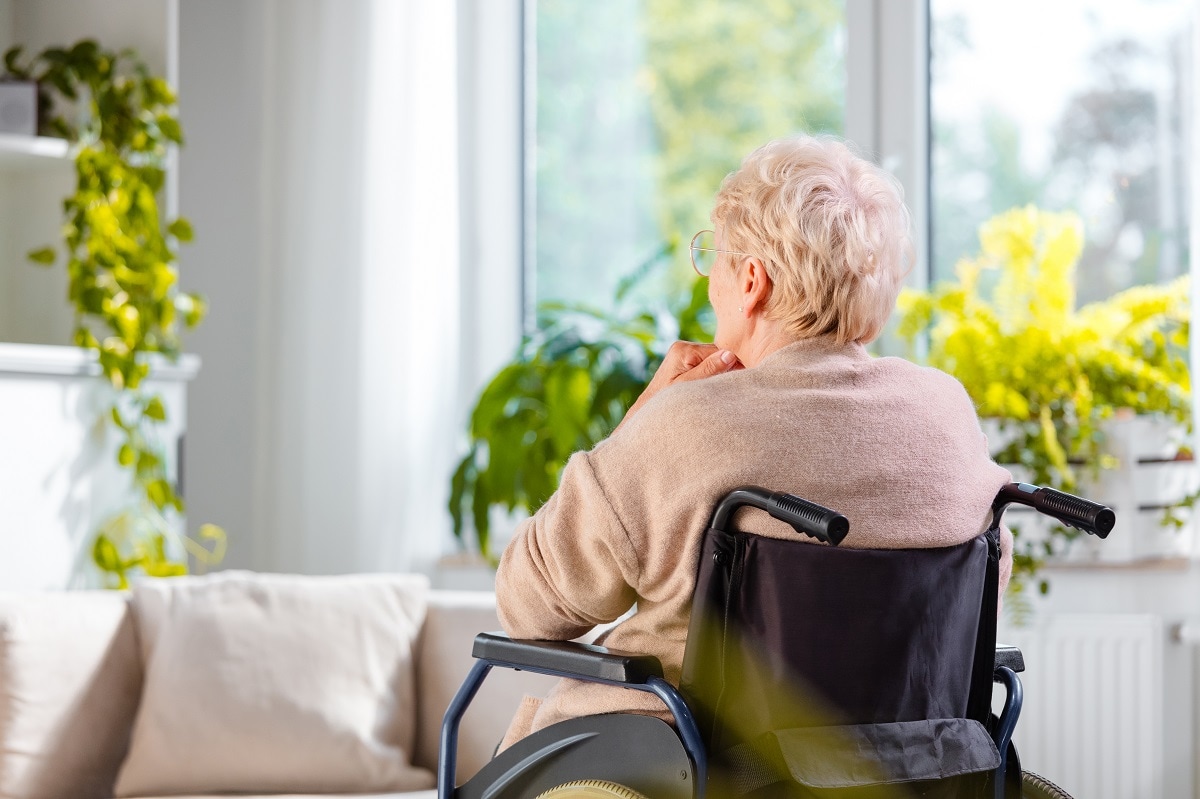As parents age, it is challenging to know how to best prepare for the changes that come later in their lives. Challenging may not be the right word. It can be uncomfortable and even unpleasant. Still, planning ahead is wise. You can pay watchful attention to how they are dealing with their advancing age, and what you can do to help.
But even with a good plan in place, sometimes things can happen unexpectedly, and you may find yourself needing to come up with a change of plans quickly. It could spring an emotionally taxing experience upon you and your family. If an elderly loved one suddenly needs additional care, don’t panic. Stay calm, communicate well with everyone involved, and find a plan that works best for your situation.
If an elderly loved one suddenly becomes in need of additional assistance, the first thing to decide is which kind of care they will need, and how much of it. There are a wide variety of options which vary greatly in price, availability, and necessity.
>> Looking for support by an elderly carer? Find one here.
Determine what kind of care is needed
A) Aging in place
It may be that the condition of the loved one isn’t serious enough that they can no longer stay in their homes, or age in place. It is important to determine this with a good level of certainty. Talk with the rest of the family, and assess the loved one’s needs, abilities, and areas where they need the most help. You may be able to figure out a plan, whether short term or long term, that allows them to continue life as normal, but with scheduled and planned visits from family members to help with little things around the house.
For greater needs, or if you and your family are not logistically able to provide the help required, there are home care options or specialised caregivers around. It is important to remember that choosing an at home option, while a wonderful choice, requires ongoing attention to make sure that your relative is still able to get around the house freely and that you continually meet their needs. Whenever approaching the subject, always strive to be sensitive and do not speak to them in a way that strips them of their dignity.
B) Senior living facility
If staying in the home just doesn’t seem to be the best option, then it may be time to have the conversation about moving into an elderly care facility. Again, this is never a fun subject and must be approached delicately. Contrary to common understanding, there are multiple kinds of senior living facilities. You will need to become familiar with them, and arrive at a decision which best caters to your relative’s needs. Assisted living facilities, for instance, may be a better option if only moderate help is needed. For higher dependence, a nursing home might be the right choice.
There are also other factors to consider in making this decision. Cost will play an important role. Each type of facility generally offers different kinds of payment packages. Pay close attention to any and all kinds of fees and charges, as well as what is provided at each tier.
Caregiver needs
Lastly, if you have taken on significant new responsibilities taking care of your elderly loved one, you may be prone to some real burnout. This is to be expected—it is already emotionally taxing, let alone physically demanding in some cases.
Make sure that in the process of being there for them, that you are in a place to take care of yourself, too. You can seek support groups, or seek personal counsel to talk about the difficulties you face. There are also numerous self-care habits to develop to help you through this hectic new lifestyle.
By freelance writer Riley Herder

